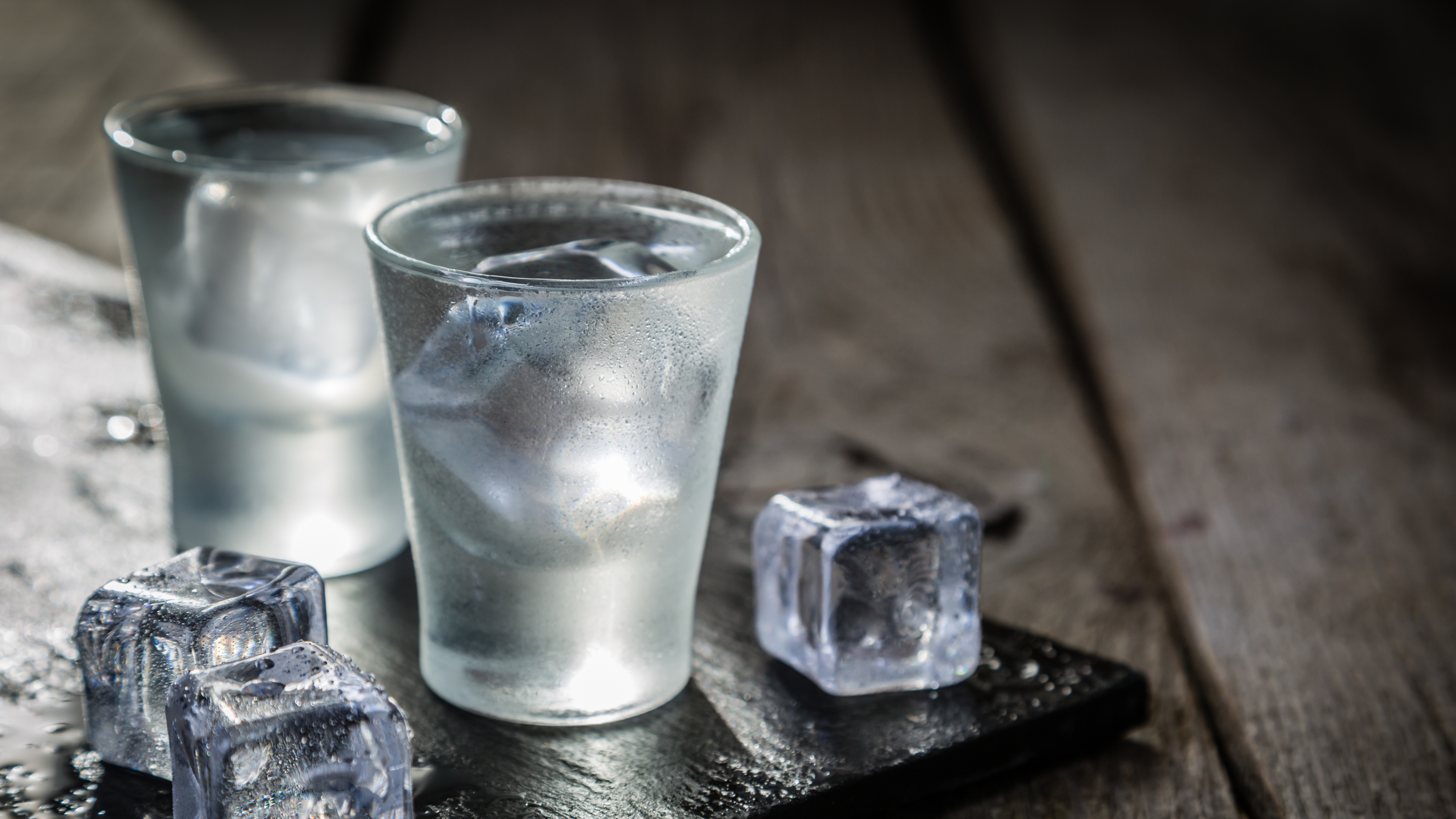Ignore The Haters, Put Your Vodka In The Freezer If You Damn Well Please
This week, a Business Insider interview with Francois Thibault, the creator of Grey Goose, has been making the rounds. (Creator might sound like a the wrong term, but in this case, it's the appropriate word—Thibault developed the recipe for Grey Goose.) According to BI, Thibault believes that one of the biggest mistakes people make is storing vodka in the freezer. One assumes he means "one of the biggest alcohol storage-related mistakes," because there are a lot of mistakes to be made in life–storing vodka isn't on the same level as getting ill-advised bangs or eating questionable sushi, but what can you do.
It may seem like an appealing idea to keep your vodka ice cold as, thanks to its ethanol content, it won't freeze to a solid block unless temperatures hit -27 degrees Celsius.
If the vodka you're drinking is cheap and low-quality then keeping it at such low temperatures will hide any "aggressive, burning notes," Thibault says.
However, premium vodkas like Grey Goose should be naturally soft and not aggressive, which means that you'll actually be hiding the more sophisticated aromas and flavours when storing it at a really low temperature.
In short, drinking stuff that's super cold blasts your palate, so you taste a whole lot less, and if you're spending all that money on vodka, one assumes you want to taste it.
Here's the thing, though: Not everybody wants to taste vodka. Grey Goose is, frankly, not the most complex vodka out there, and if you're buying it, presumably it's in part because you want people to see that you're buying Grey Goose. (Branding is kind of their whole deal.) So in that respect, you should totally keep it on a bar cart, not the freezer, because people won't see the bottle if it's in your freezer. But otherwise, keep it wherever makes it most useful to you.
In my experience moonlighting at a fancy spirits shop, there are four kinds of vodka drinkers, and two or three of them can absolutely keep vodka in the freezer because there is no reason not to. The four vodka drinkers are:
- Hello, I drink vodka because I really just want to taste the mixer and not the booze.
- Hello, I drink vodka because I like crazy flavored stuff and I want to make my own (usually sweet) cocktails.
- Hello, I drink vodka because I like martinis.
- Hello, I drink vodka because I like complex vodkas.
If you're in that last category, don't put your vodka in the freezer, ever. You are freezing all the complexity right out of it. If you're in the third category, it really depends how you like your martinis. If you're in the first two, hell yes, you can keep your vodka in the freezer. It'll keep you from using up all your ice.
Flavored vodkas often have really broad flavors, so you'll miss out on some of what's going on, but the cherry or lemon or peppercorn or whatever will still come through. And if you're just going to bury your vodka in cranberry juice or a bunch of liqueurs, then there's no point in worrying about the flavor.
But mostly, screw it, do what you want. There's no point in drinking something you're not going to enjoy, especially if you're paying Grey Goose money for your vodka. And if you're buying whatever's cheap, then freezing is probably the best option.
If you're not going to put the bottle in the freezer, then what? Thibault argues that the best temperature for a premium vodka is somewhere between zero and four degrees Celsius, "which is the temperature of a slight dilution with ice in a mixing glass." So basically, put an ice cube in it and stir—and whatever you do, don't shake your martinis.
